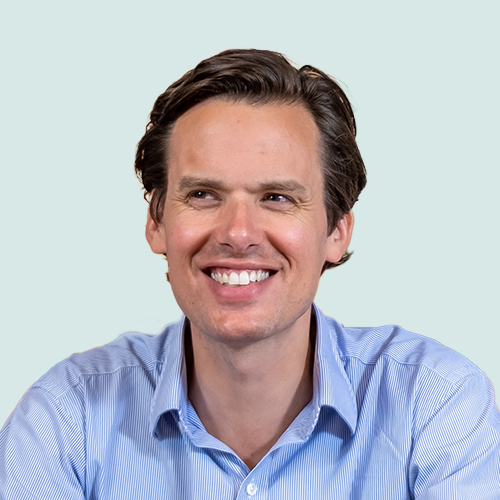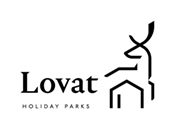
LDC Top 50 2022
Raoul Fraser
Founder
Lovat Parks
Raoul Fraser spotted a gap in the UK market for sustainable and premium holiday cabins to rent or own. “Modular homes could be part of the answer to the UK housing crisis,” he says. He founded Lovat Parks in 2017 and his £25million-turnover business now operates eight holiday parks across Southern England.
It is the world’s first holiday-park operator to become a B Corp, with eco-initiatives including free water-refill stations, toy exchanges and locally-sourced produce at its cafes. “Money isn’t the driving factor for me,” he says. “I want to be remembered for doing the right thing.”

Money isn’t the driving factor for me. I want to be remembered for doing the right thing.”
Q&A
Why did you start Lovat Parks?
I knew nothing about the industry so I went on a road trip around America, where 1 in 20 people live in trailer parks, then spent the next eight months researching the UK market. I inherently believe that modular homes, which are hugely popular in countries like Sweden and Japan, could be part of the answer to the UK housing crisis. We need to encourage older people to downsize in order to free up property for young people – but only 1.5pc of housing stock in this country is dedicated to retirement living. Cars are made by robots now; why not houses? It’s far quicker and better for the environment.
What are your growth plans?
We expect turnover to rise from £25m to £35m next year, and we want to expand across the UK. But it has to be sustainable growth. We’ll only buy new sites if they’re special and we’re ready.
How are you making your business sustainable?
I’m super proud of the fact that we were the first holiday park operator in the world to become B Corp certified. I did it because I wanted to do the right thing, but I knew I couldn’t do it alone. We have one person in our business dedicated to sustainability, and all they do is focus on making us a better business.
For example, we’re moving all of our vehicles to electric, as opposed to diesel, and we’re investigating the use of solar power across all of our sites. I’ve always felt that, in order to be a responsible member of the local communities we’re in, we really need to give back. So in all of our shops, we hire local and buy local produce. During lockdown, we also housed homeless people on our site in Kent and bought local fruit and vegetable boxes from farmers for local emergency workers. Together, a combination of smaller actions can make a real impact.
